The former Isis captive tracking down jihadis in Germany
Exclusive: 'I can't sit down and say that I don’t care what happens in this country,' says Masoud Aqil
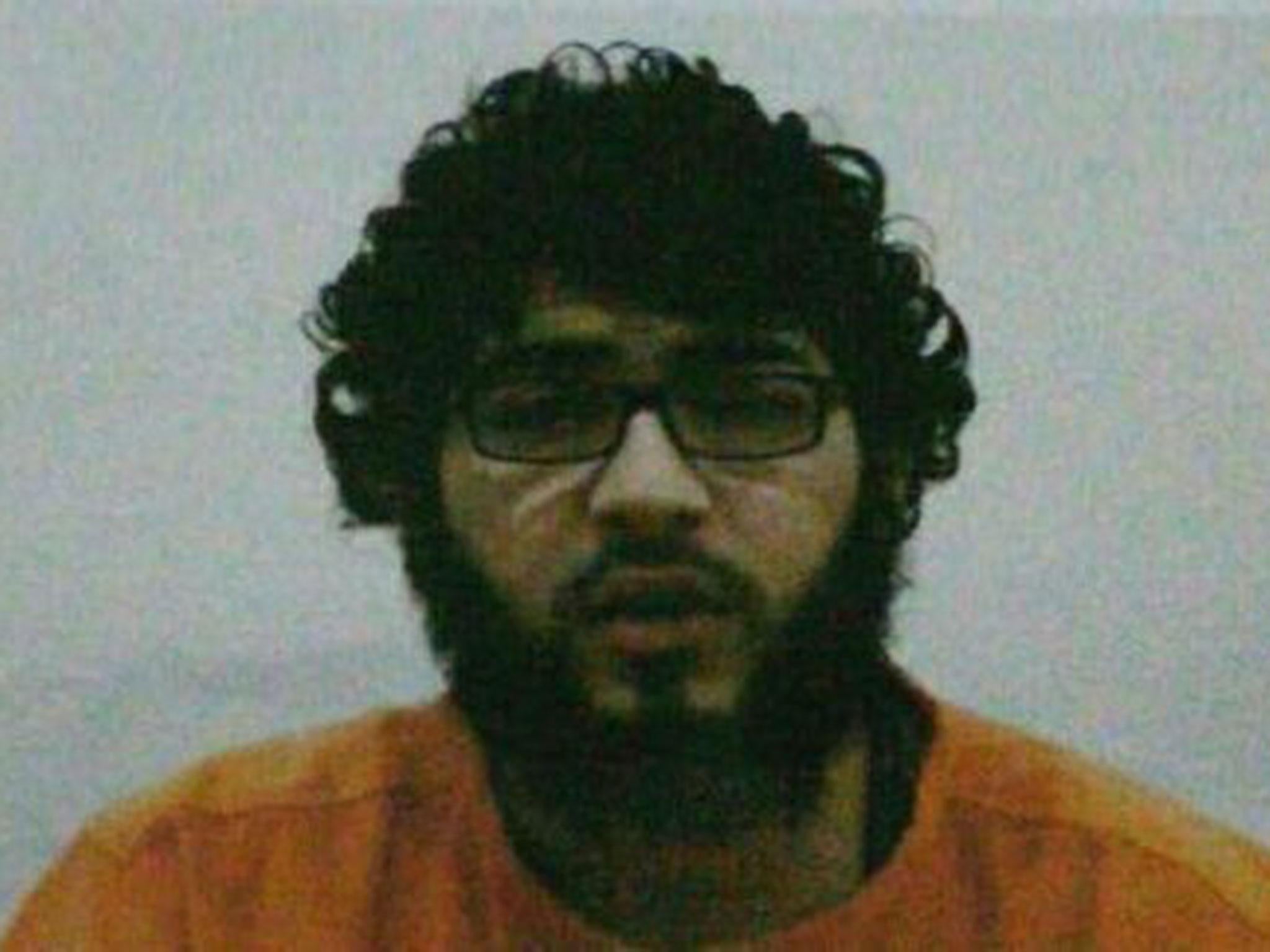
Masoud Aqil was imprisoned by Isis for nine months, being beaten, tortured and threatened with execution for being a Kurdish journalist.
Now safely in Germany, he is helping authorities track down anyone with links to the terrorist group that destroyed his life and murdered his family and friends.
The 23-year-old was studying English literature at Aleppo University when the Syrian civil war broke out, and he fled the city after dozens of students were killed in a 2013 bombing.
He sought safety in his home town of Qamishli, in the Kurdish Rojava province, but jihadis were already gaining power to launch the advance that shocked the world.
While attempting to complete his degree from home, Mr Aqil started working as a video journalist for the Kurdish network Rudaw, but after more than a year in the job a journey to interview a local politician would end in disaster.
In an exclusive interview with The Independent, he described how he and colleague Farhad Hamo were driving to their assignment on 15 December 2014 when they saw the road ahead was blocked.
“Isis were waiting on the highway,” he said. “I don’t know if they were waiting for us or if they were there to catch anyone.”
They were met by six jihadis carrying M16 rifles, grenades and wearing suicide vests, who ordered their car to stop.
When questioned, the pair said they were oil workers in an attempt to pass through, but the militants spotted their equipment in the back of the car.
One of the fighters sat in the car and ordered them to drive into Isis territory, threatening to blow himself – and the car – up if they did not comply.
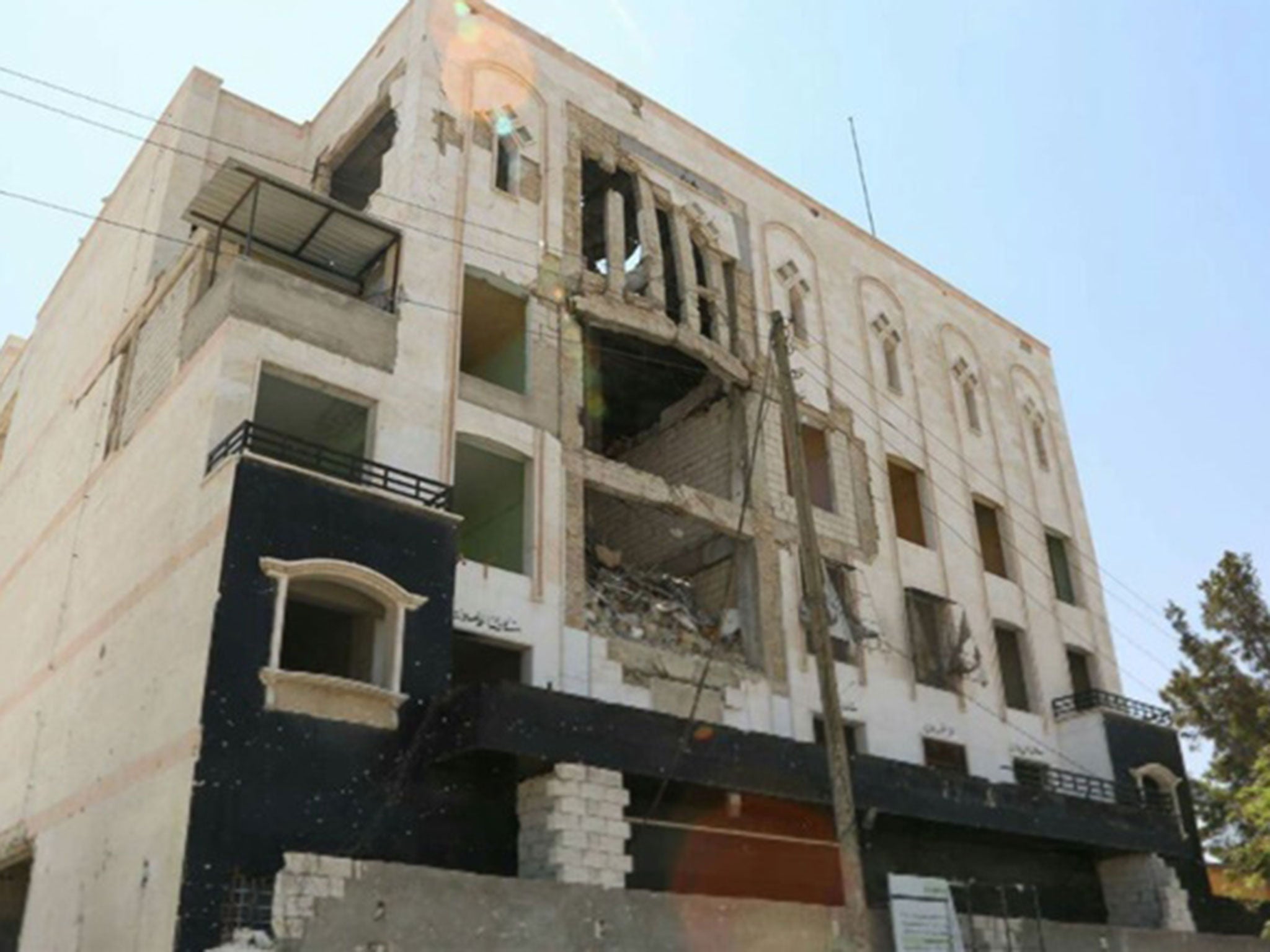
It was the start of a nine-month nightmare for Mr Aqil, who was first transported to a house converted into a prison before being shifted around Isis-controlled cities including al-Shaddadi, Raqqa, al-Bab and Manbij.
“They tortured us and interrogated us,” he said. “They beat us with iron bars, cables or wood, tying us to the ceiling by our hands.
“Every two or three hours one of the guards would come in and tell us ‘we will cut off your heads, we will bury you alive’.
“In the first week, I one hundred per cent believed it. Each time they would kill me I was thinking about how they would do it.
“But after one month and then two months…I thought maybe they needed me alive. Maybe they will let me go.”
Even keeping alive was a struggle, living in filthy cells covered in excrement and riddled with parasites, while existing on little more than dirty water and mouldy bread.
In his second jail, in al-Shaddadi, Mr Aqil was surprised to be held captive with several members of Isis being punished for perceived infractions by the group.
“They put them in jail and kill them too, a lot of Isis members have been killed at Isis’s own hands,” he said.
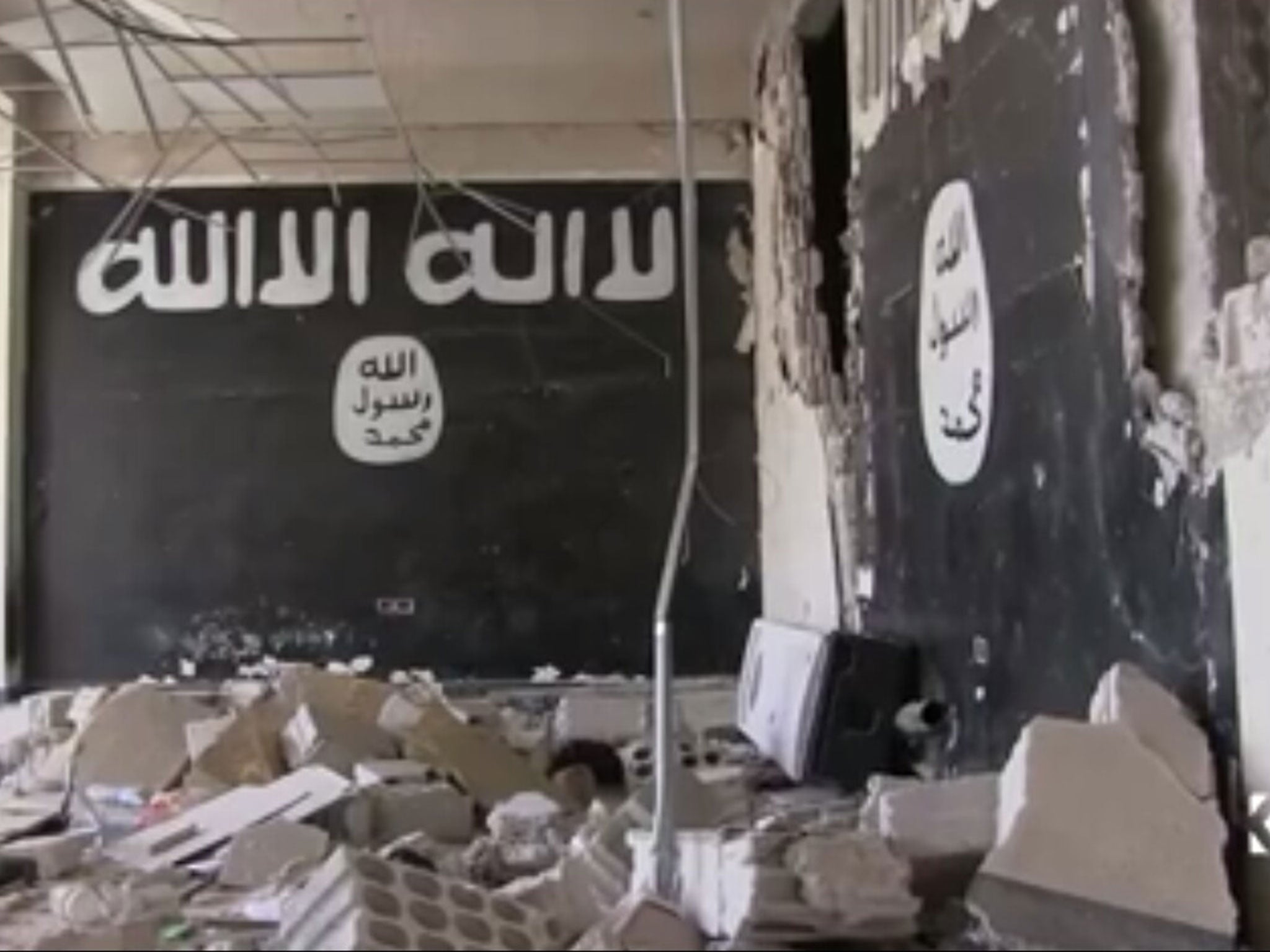
Many of Mr Aqil’s cellmates would disappear during his long detention, with the sound of gunshots ringing out before militants returned to force him to watch the gory videos.
He said one man executed for an “anti-Islam” message on WhatsApp and others were murdered for listening to Western music, including Metallica and rap.
“The guards were always playing us speeches by Abu Bakr al-Baghdadi and [propaganda chief] Abu Muhammad al-Adnani," the former captive recalled.
“They said they were starting to send citizens to Europe and later they will carry out terror attacks. When I heard that I knew that Isis will make Europe a target.”
As the horror continued, Kurdish authorities, Rudaw and Mr Aqil’s family were working through Arab tribes to negotiate a prisoner exchange, with the journalist finally released to the Kurdish People’s Protection Units (YPG) on 21 September last year.
“I can’t even describe the moment where I got out – every day I think about it,” he recalled. “I don’t know how to describe it.”
Mr Aqil returned home to find Isis on the defensive after losing swathes of territory to an onslaught by Kurdish forces backed by the US-led coalition’s firepower in northern Syria.
But the group’s influence kept his family on guard and after pleas from relatives, he moved first to Erbil in Iraqi Kurdistan before joining hundreds of thousands of refugees seeking safety in Europe.
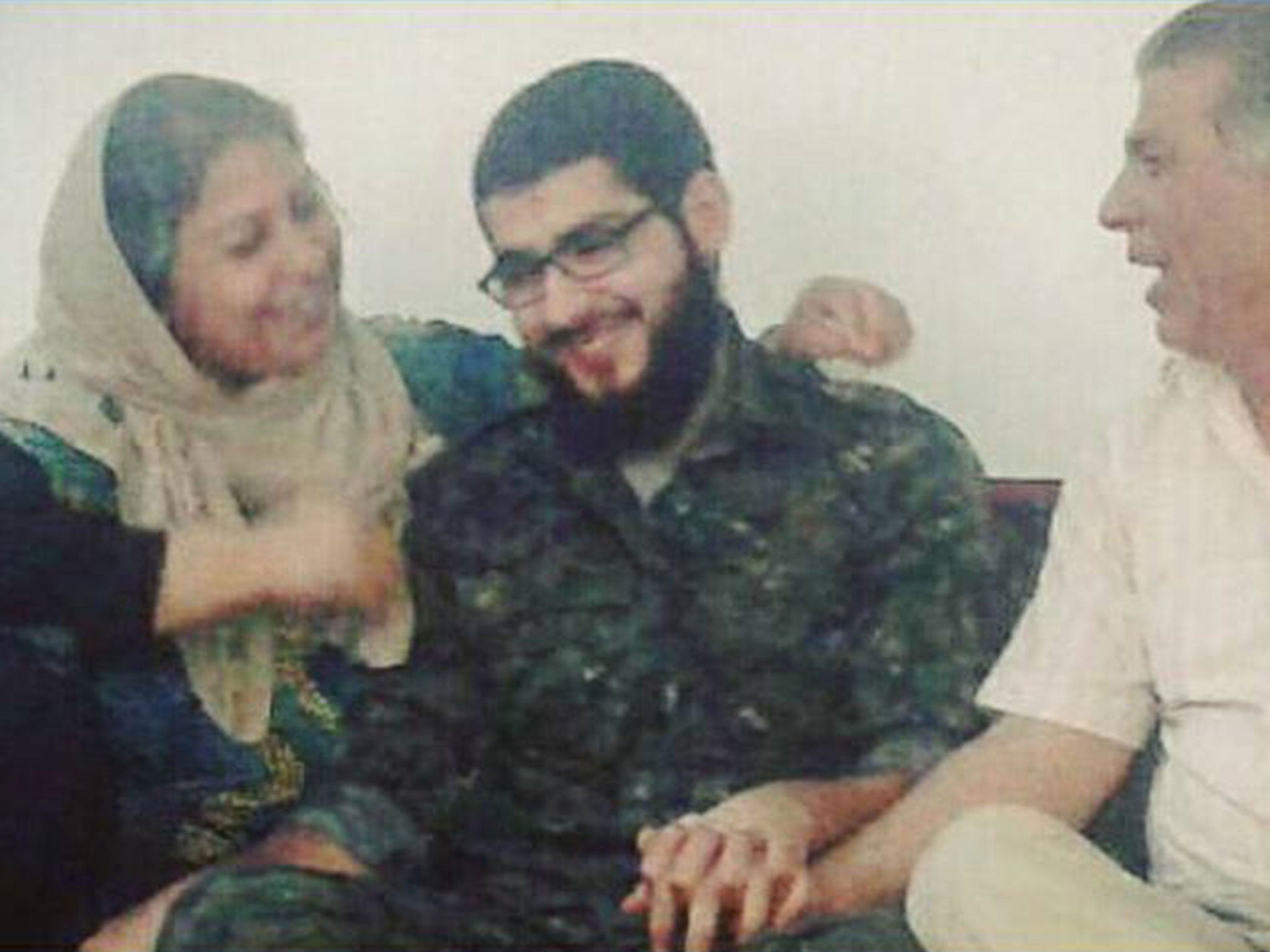
“I wanted to start working again but all my family told me to go to Germany because it would be safer,” he said. “They wanted me to have a new future and start again.”
Two of Mr Aqil’s brothers and one sister already live in Germany after moving there in the 1990s, making the country Mr Aqil's first choice for a temporary haven in Europe.
After leaving Iraq with his mother in in December 2015, they attempted to cross the Aegean Sea but were unable to find a smuggler, instead starting the long journey on foot.
The pair walked from Turkey through Bulgaria to Serbia, Croatia, Slovenia, Austria and finally arrived in Germany by train in January.
Mr Aqil was swiftly allocated refugee accommodation and has had his application for asylum accepted, but he had not forgotten the threats made by his former captors to attack not just Paris and Brussels, but the whole of Europe.
“I had freedom and I was in Europe but I know Isis were sending these people,” he said. “When Turkey opened the border for the refugees to cross, a small number of bad people came with them too.
“I could not sit down after being freed and say ‘oh, I’m afraid of them and I won’t do anything again’.
“No, I won’t say that. They are my enemy and they are everyone’s enemy.”
So Mr Aqil set to work, trawling Facebook pages and his own dark memories to put together a database of Isis members who may have reached Germany.
Among them is a former Isis member from his hometown, whose Facebook profile has been scrubbed of its former photos showing the man posing with a Kalashnikov and his fellow militants – and gives his location as a city in Bavaria.
With the help of journalists at Der Spiegel, Mr Aqil has handed all his information to police in the hope that they will investigate and monitor the list of suspects, many of whom he became acquainted with either as prison guards or Isis detainees.
“It’s better than sitting down and closing my eyes and saying ‘I don’t care what happens in this country’,” he added.
“I’m doing my best to help authorities with all I know, with information so they can put these people under control.
“I just want to help - I didn’t want to do it to show that I’m doing it – I’m thanking Germany for receiving us.”
Just days ago, Isis dealt another blow to Mr Aqil’s family, with 10 of his relatives among more than 30 victims of an Isis suicide bombing that hit a Kurdish wedding party in al-Hasaka.
Months before, the terrorist group bombed his home city of Qamishli, where his father still lives.
“That is Isis, that’s what Isis do,” Mr Aqil said. “I saw what they did in Paris and Brussels and I’m afraid of that because European countries are the safest, and Isis wants to set the world on fire and take it to war.
“Their radical mentality doesn’t let them accept anything different. You’re a radical Muslim and accept them or they kill you.
“As long as this mentality is on the earth, they will attack us, it won’t let us live in peace.”
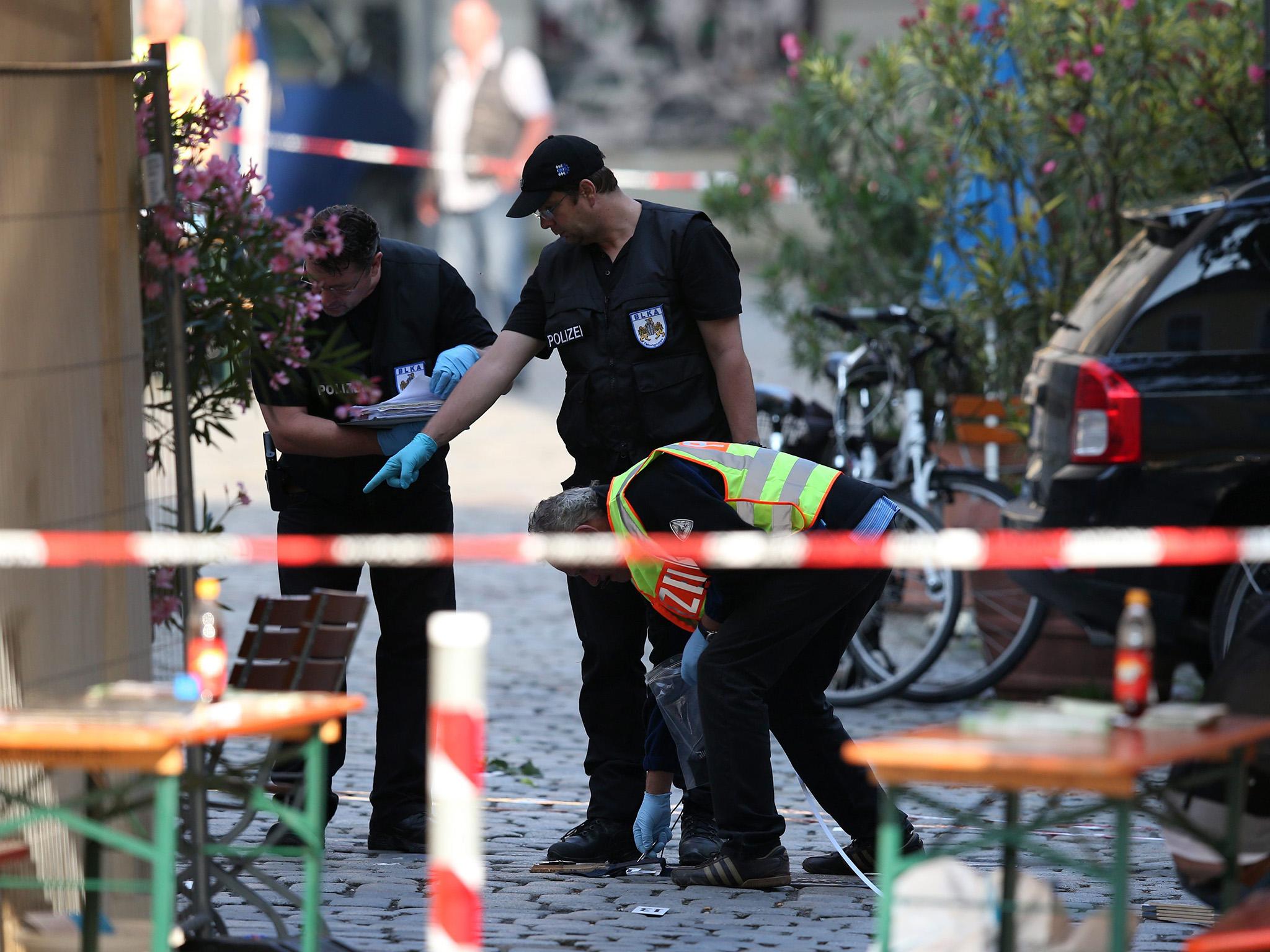
And Germany has not escaped the group’s bloody jihad, with a Syrian asylum seeker blowing himself up in Ansbach in July after pledging allegiance to Isis and an Afghan Isis supporter launching an axe attack on a train.
Police were hunting a Syrian refugee on Saturday after a suspected terror plot was uncovered in Saxony, where highly volatile explosives were found in a flat.
Europol estimates that up to 5,000 European jihadists may have undergone training at terror camps, with an unknown number exploiting refugee routes to return the continent as it faces its “biggest terror threat in more than a decade”.
Like millions of other displaced Syrians, Mr Aqil said he hopes to return home as soon as possible, adding: “If the war stops I want to go back and serve my people.”
But for now he is making the most of his new life, studying German in the hope of returning to university to study English Literature or film.
His work on the database continues, with the information aiding investigations into more than 400 tip-offs over migrants alleged to have extremist links in Germany.
Mr Aqil hopes other Syrian refugees, and everyone in Europe, will do their bit to counter Isis’ poisonous ideology.
“Every one of us should do what they can to attack Isis in our own way,” he said. “Attacking isn’t only holding a gun, we can attack the mentality too.”
Join our commenting forum
Join thought-provoking conversations, follow other Independent readers and see their replies
Comments
Bookmark popover
Removed from bookmarks